Search
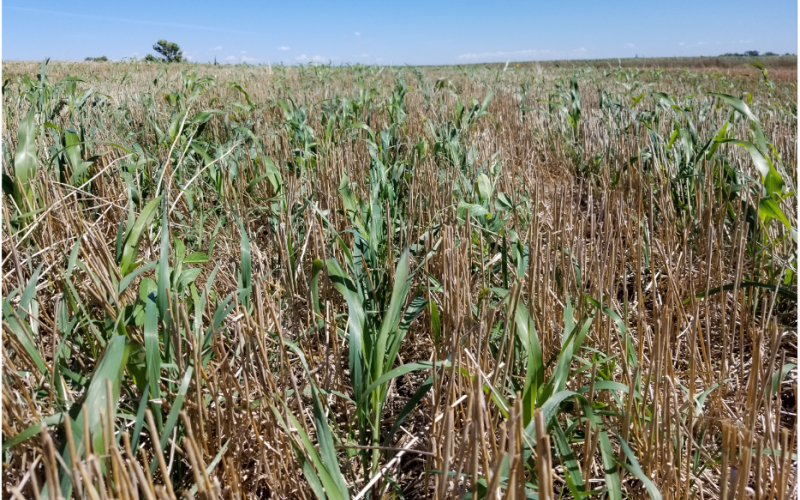
Online Cover Crop Decision Tool Now Available
September 10, 2020
As interest in cover crops has grown significantly among crop and livestock producers in the region, species selection and establishment times have remained a major topic.
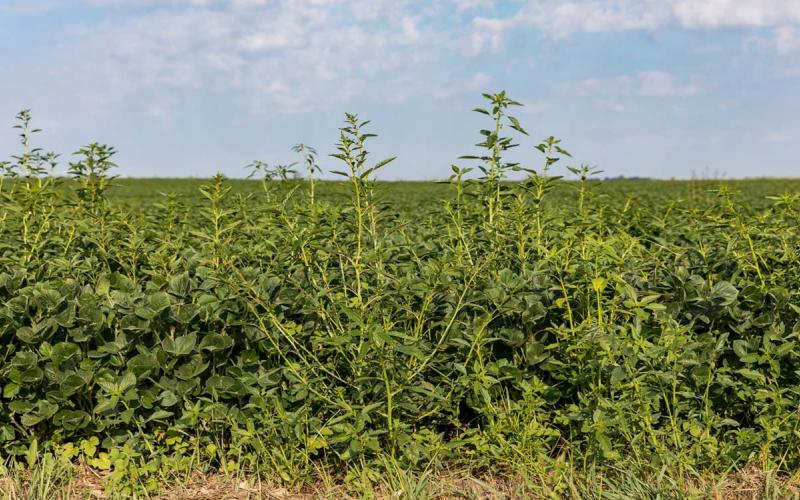
Checking Weed Control at Harvest
With harvest now in full swing, don’t forget to look at your fall weed control. What are the weeds that are left in your crop? Do you know what weeds they are? Is there a weed that you do not know?
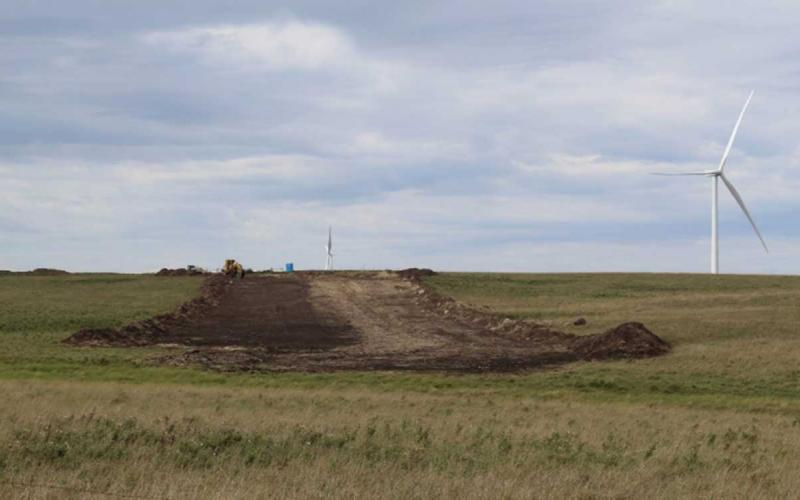
Understanding Contract Language and Restoring Native Grassland Damage after Energy Development
Energy development on private lands can result in locally heavy land manipulation. Of particular concern is the manipulation of native grasslands and other sensitive areas and how it will affect those areas in the short-and-long-term.
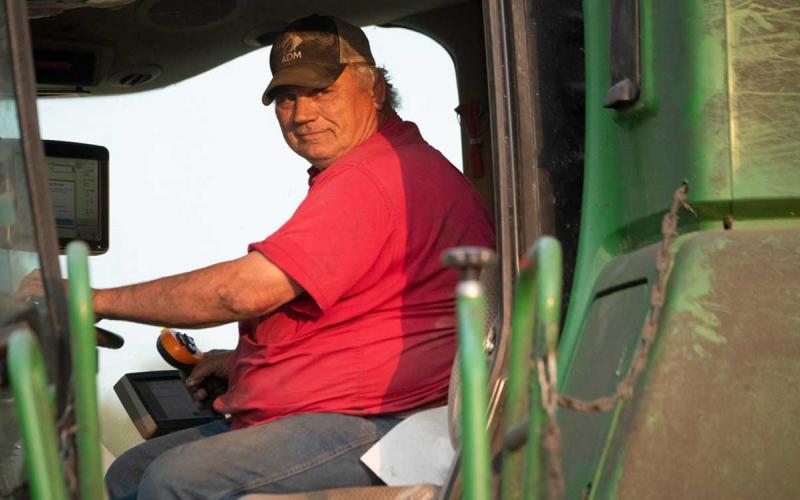
Calibrate Your Combine Yield Monitors!
The equipment associated with precision farming is a considerable investment and is a great tool for gaining knowledge about your farming operation. The yield monitor is often overlooked as the critical piece of equipment when the crops are ready for harvest.
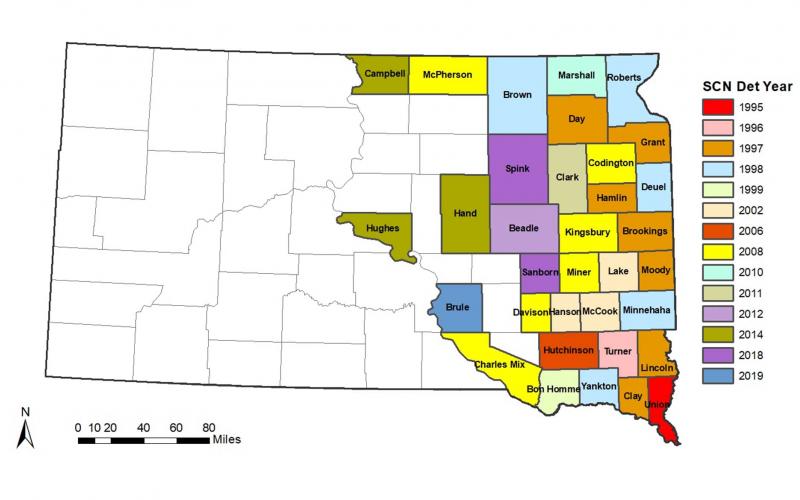
HG Type Testing: A Management Strategy for Soybean Cyst Nematode Control
Have you noticed lower soybean yielding areas in your field? Soybean cyst nematode may be to blame. Fall, and especially after soybean harvest, is the best time to sample soil and have it tested for soybean cyst nematode.
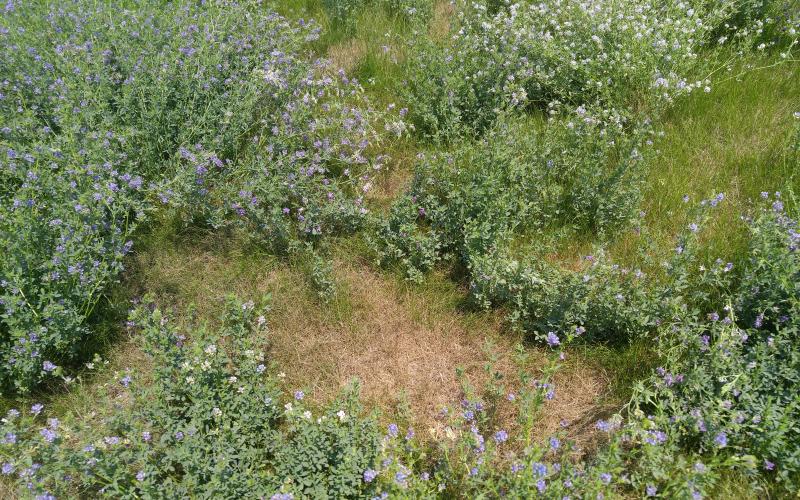
An identification guide for Alfalfa Insect Pests in South Dakota
Pictorial guide for common insect pests of alfalfa in South Dakota

Johne’s Disease Testing in Beef Herds: Looking at the Available Tests
Once thought to be a dairy cattle problem, Johne’s Disease is increasingly a topic of conversation for beef seedstock and commercial producers alike. An understanding of the Johne’s Disease testing options available is a good first step in devising a herd health plan.
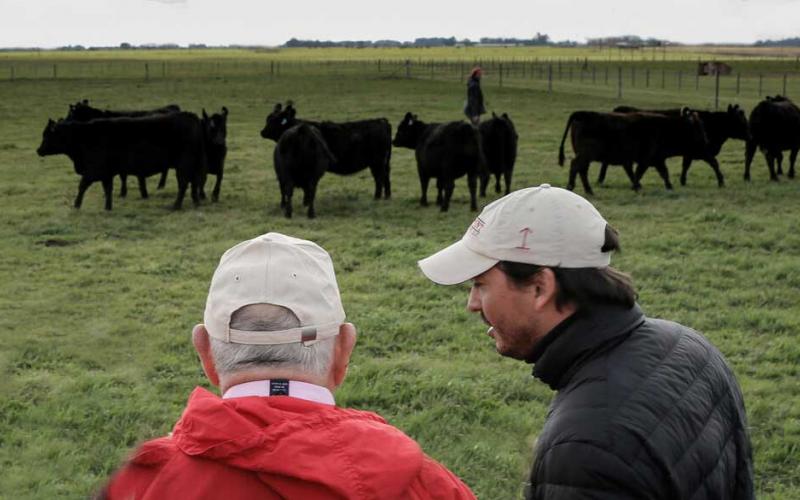
Johne’s Disease Testing in Beef Herds: Testing Plans and Responses
While still somewhat imperfect, testing herd animals for Johne’s Disease is an appropriate tool for producers and their veterinarians to begin to get a handle on the level of infection and to implement sound strategies for limiting the disease’s effects.
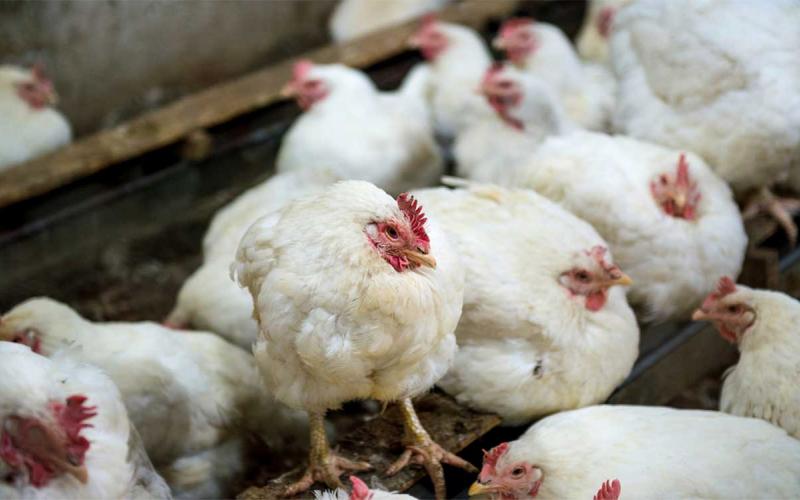
Importance of Chicken Infectious Bronchitis Virus: Q&A
Infectious bronchitis virus (IBV) is a coronavirus that infects chicken flocks, causing respiratory disease. Some IBV isolates can result in a kidney disease (nephritis). Drop of egg production in laying hens is an important sign for IBV infection.
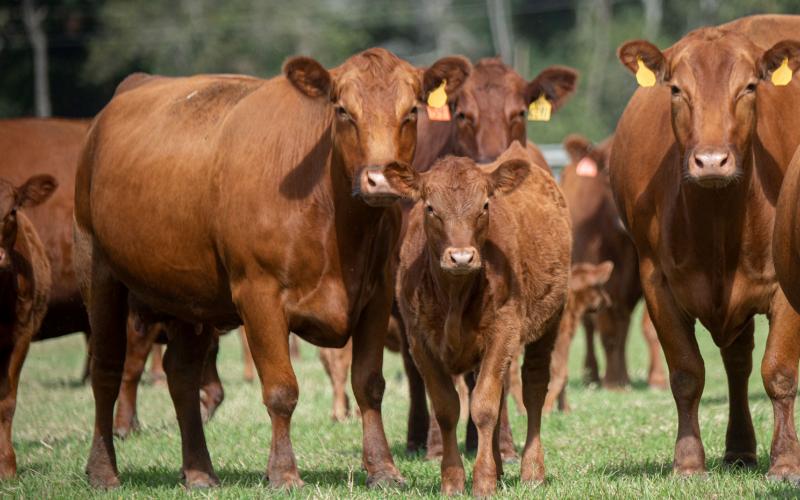
The Bovine Estrous Cycle
Fact sheet on the bovine estrous cycle. Available in English and Spanish.